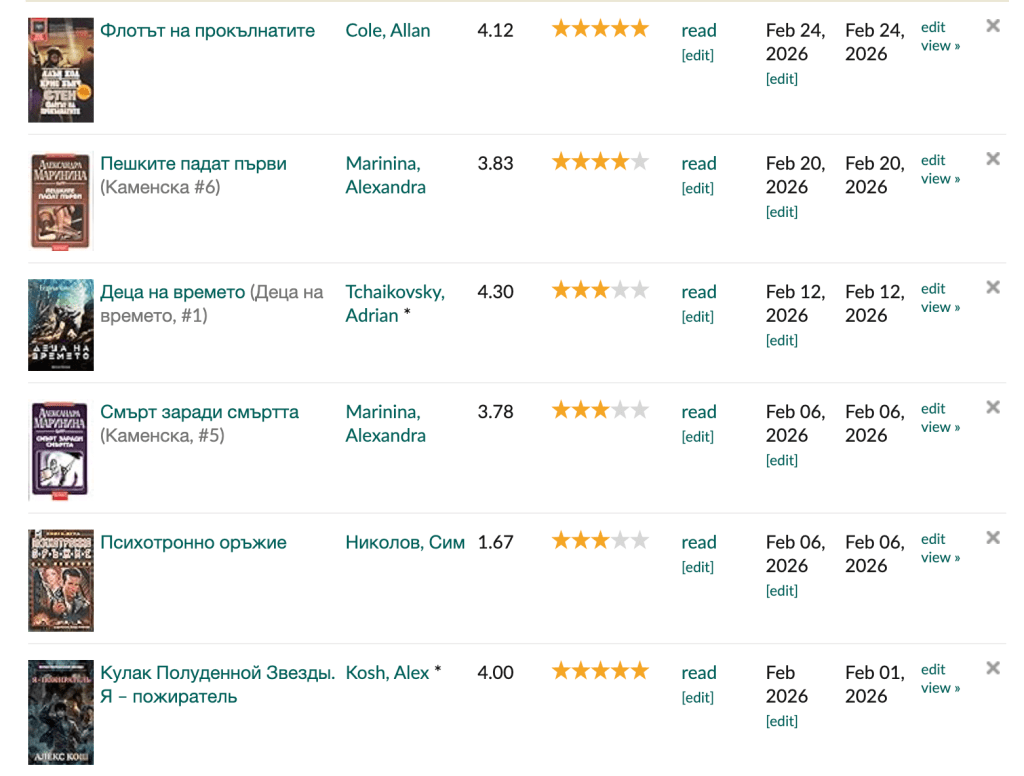Brandolini defined the following law:
The amount of energy needed to refute bullshit is an order of magnitude bigger than that needed to produce it.
It normally applies to arguments and misinformation. Now that generating content with AI is so easy, the orders of magnitude have changed. Both the statement and the refutation can be forged very quickly and people believing stuff on the Internet just look more and more foolish.
So, while trying to figure out what to even think about this, I came up with the following commentary on Bardolini’s Law.
The probability that any new online content is AI, BS, or both increases over time.
With the growth of DC power, personal AI orchestrators, GEO, and SEO, this probability will eventually be trending towards 1. What would be the point to refute, or even read anything, if it’s one of a million clear BS pieces of information? So here’s my prediction:
The authenticity of content will become more important than its quality.




